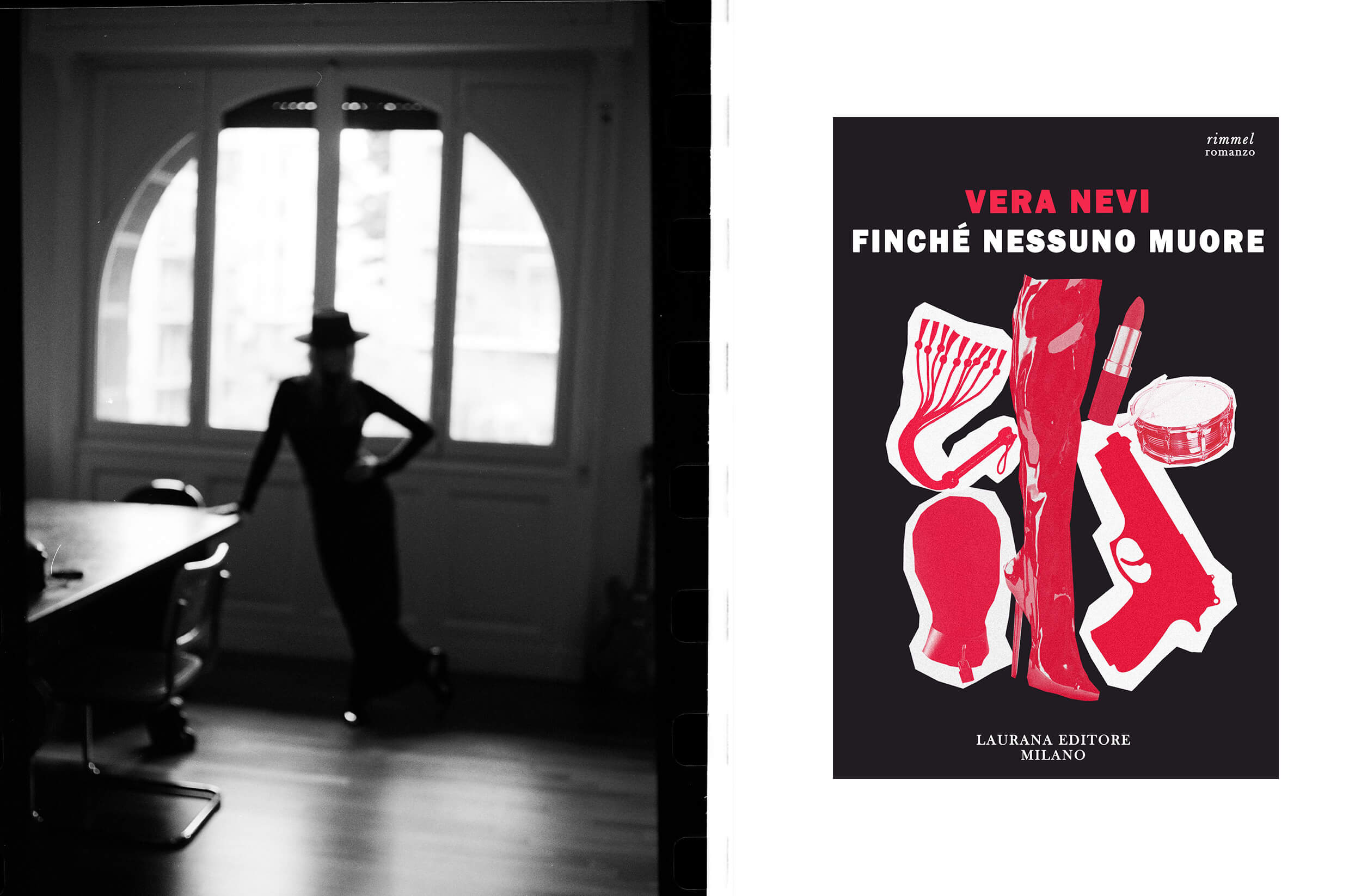There are stories that wait ten years before being told, not out of modesty, but to find the right moment when the voice becomes clearer and distance allows looking back without filters. “Finché nessuno muore” (Until Nobody Dies) is one of these: the autobiographical account written under the pseudonym of Vera Nevi, a former professional dominatrix, who chose to put in black and white a piece of her life lived in the early 2000s in Milan.
In this conversation, Vera doesn’t sugar-coat it: she talks about power and submission, about men who hide unspeakable desires behind their facade, about a Milan that has lost its soul becoming a showcase for petty bourgeois ambitions. But above all, she tells how control, the kind she exercised in her sessions as a dominatrix, became writing, the only space where you can truly govern something: a story, with its questions and answers. Between nostalgia for a present she fears losing and hope for the future, Vera gives us a sincere and disenchanted portrait of someone who chose to always take the space she desired, with the right irreverence and profound awareness.
First of all, congratulations on the book, I loved “Finché nessuno muore” (Until Nobody Dies). It’s a glimpse into your personal story and direct experience, but when and how did the desire to put it in writing come to you?
It took me ten years before I sat down and started writing this story. Even though I knew it by heart (obviously) and had told it on various social occasions, at some dinners to get a smile, I wasn’t sure I knew how to write it. Then I finished a work project that left me with a lot of free time and I thought that was the perfect opportunity to try.
“Names have never been important to me, they’re all the same, you’re all the same and you all want the same thing” is one of the first sentences you read at the beginning: after all the experiences you’ve lived through, do you still think this? Or has your approach towards individuality, so to speak, towards others, individual people with their worlds, interests and ways of living, changed? Also thinking about how much society has changed compared to the early 2000s.
Unfortunately, that sentence is increasingly true in my opinion. Even more so today when, thanks to social media, we can express ourselves in all our nuances and gift it to others. I love romanticizing people, events and everything else, and I succeed at it for the time of an aperitif at most, but the truth is that we are boringly all the same. Only a few people surprise me with something really interesting to say; in fact, I still have a lot of trouble remembering names. I don’t want to sound harsh in saying this, but I chose the name “Vera” (Truth) promising myself to use it properly, so I won’t sugar-coat it!
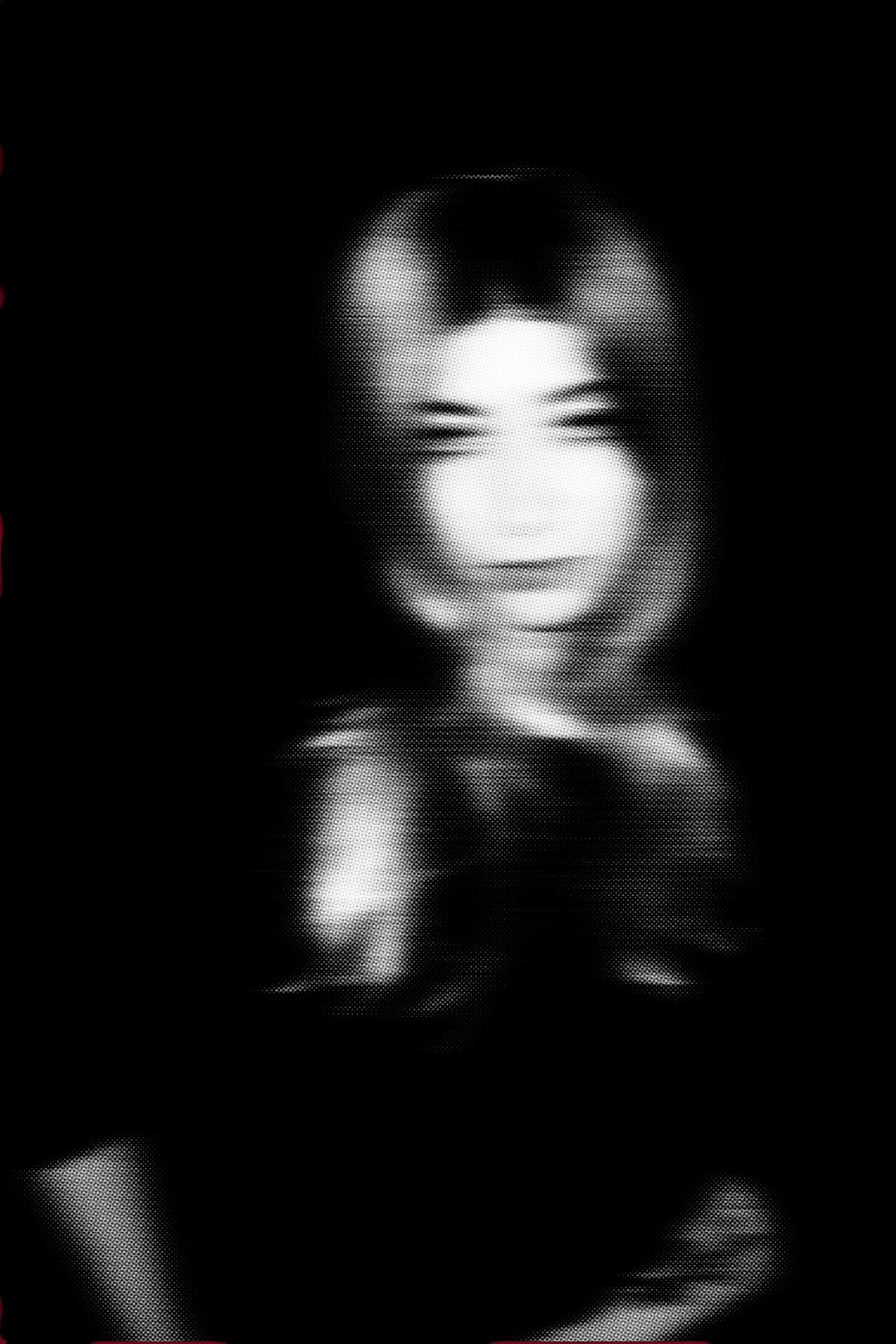
“We are boringly all the same.”

Your character throughout the story proves to be extremely aware of what she wants and her vision of the world and humanity, so much so that at a certain point she says “I know who you really are”: how is the balance structured for you between pleasure, power, control, instinct, fear and illusion, all difficult themes that are found in the relationships you had during your encounters as a Dominatrix?
This question is the question, if not the leitmotif on which the entire book is based. There’s no way to answer in a few lines, what I can say is that in my experience, especially during my encounters, for that half hour I spent with my slaves these dynamics were in perfect balance and could not and should not undergo changes or shocks. This is one of the reasons why I liked the world of domination. The rules were written and they were simple. In real life, however, things get complicated, sometimes they get so complicated that to figure them out you have to write an entire book!
If you could go back in time, to when you made the decision to take this path, perhaps even before meeting Ulisse, what would you say to your nineteen-year-old self? Also considering all the absolutely human contradictions that I imagine a figure like that of the Dominatrix carries with it.
I would suggest two diametrically opposed things to my past self. The first would be to do it with an even higher quota of fun, to laugh about it even more. This advice could perhaps be given to any post-adolescent in the world approaching any profession. The other would be to be careful. At the time I was superficial and didn’t think at all about the risks of meeting unknown people, or rather, I did think about it and had my methods to feel safe, but the truth is that anyone at any time could have turned out to be dangerous. Fortunately for me it always went extremely well, but looking back I admit I took this aspect too lightly.
Today instead, what helps you have control over your life? And what, on the contrary, makes it waver?
None of us has control over our own life. However, we have the freedom to be able to choose what we want to do and be at every moment, without giving ourselves excuses.
And instead, to all those “whys” that you list before introducing the character of Altea, “why I had decided to do that life, why I liked the suffering of others, why I had decided to stop,” how would you answer with the awareness you’ve gained up to today?
To not let society or respectability make choices in my place. To exercise my right to always choose, even when everything seems absurd.
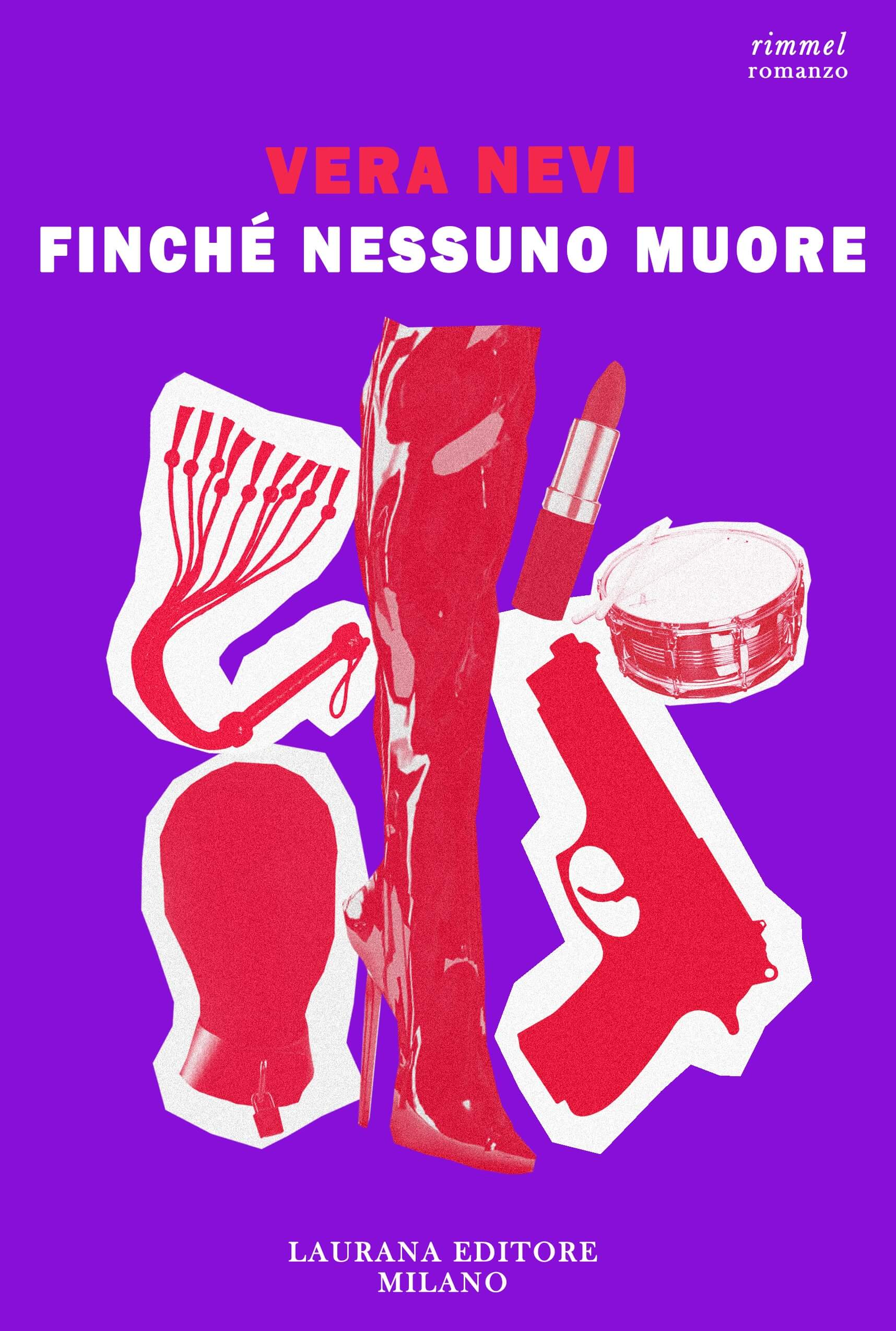
“The freedom to be able to choose what we want to do and be at every moment.”
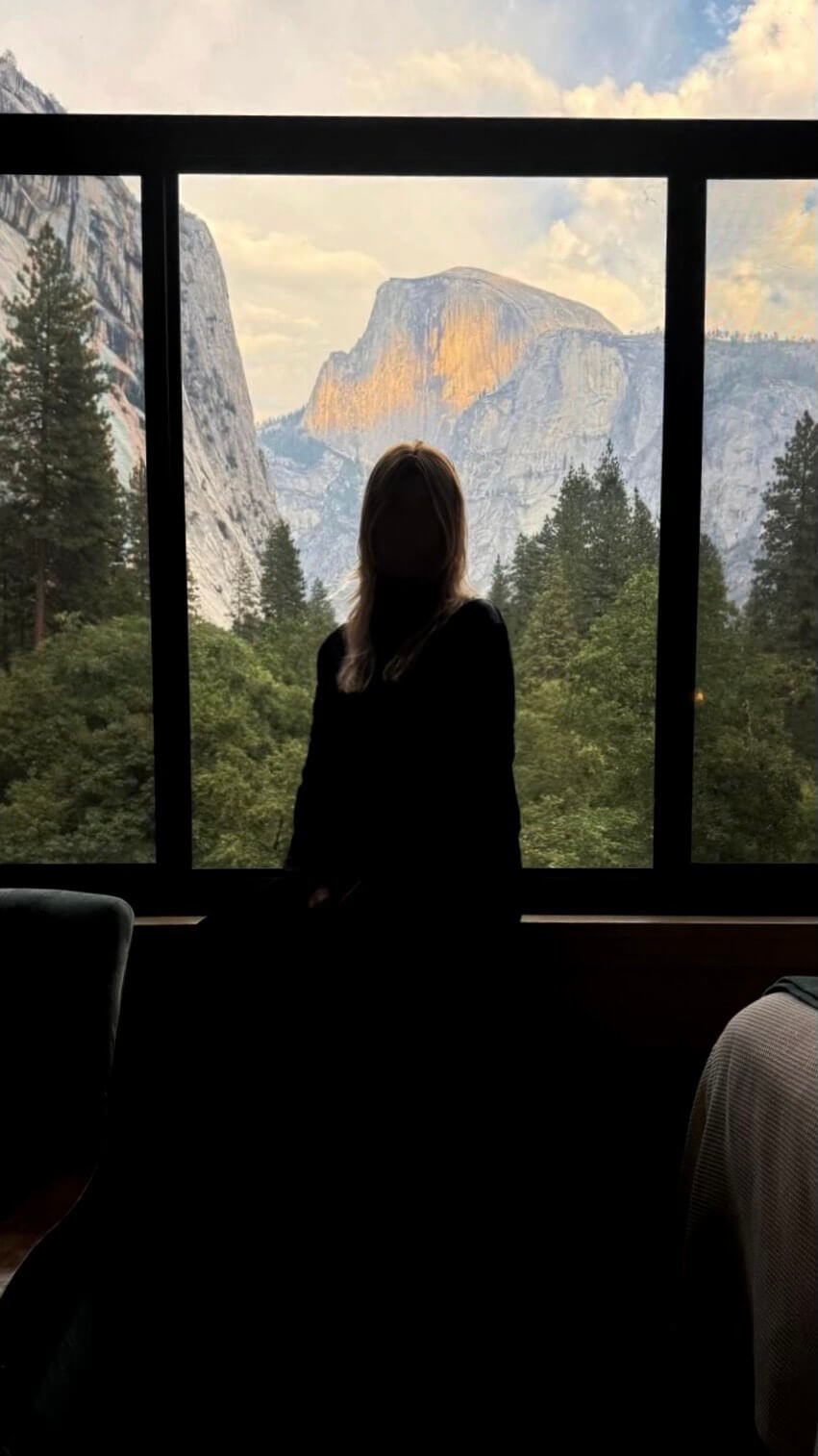
Men of power, desire for submission: what would you like to say to women, even those who would like to approach this book, to look at men, finally, from the same point of view or, even, from above?
I would like to remind women that men don’t worry too much about showing a facade life. Without falling into sexism, I would simply remind everyone to always take the space they desire with irreverence. I would also suggest doing the exercise of imagining their doctor or their lawyer, or employer licking soles while their wife is convinced they’re at the gym. I think I’ve said everything.
“The present is enough for me. The here”: do you still live following this mantra?
Yes, absolutely. I feel like a very lucky person, so much so that at times I’m afraid that the future might not be as rosy as the present! I love living here and now. My favorite time of day is morning. Every night when I go to bed I think I can’t wait for tomorrow!
And the city of Milan instead, silent protagonist in the background of this story, does it still surprise you in any way?
Milan surprises me all right! Negatively. It has become a boring city of out-of-town students with the illusion of one day becoming consultants or worse, “successful” consultants. Too many people dream about how to get rich in this city, how to get “somewhere,” which then, where? All this concentrating on oneself and on consumption means that Milan’s soul dissipates to leave room only for commerce, for speculation. The cultural activities offered to citizens are too few. If I decided to visit all the exhibitions proposed in October in a day and a half I would have already seen everything. However, I trust in the very young. Where my generation has failed and found itself in the grip of a city that must only chase petty bourgeois dreams, I hope there will be a new one capable of instilling energy in support of the social, music, the arts.
What is the last thing you discovered about yourself thanks also to your work as an author perhaps?
That I like to learn. The first draft of my novel was edited by Fausto Vitaliano, an excellent writer and above all mentor. He taught me everything about how a story “works.” How to answer a reader’s questions even before they emerge, for example, and a thousand other things not just about writing. Thanks to him I discovered that perhaps I can’t control life, but I can control a story. Maybe authors are the “quiet” version of dominators? I think so a bit! I find myself in this parallel. So once I finished “Until Nobody Dies” I started writing another novel, which I hope to finish by summer.
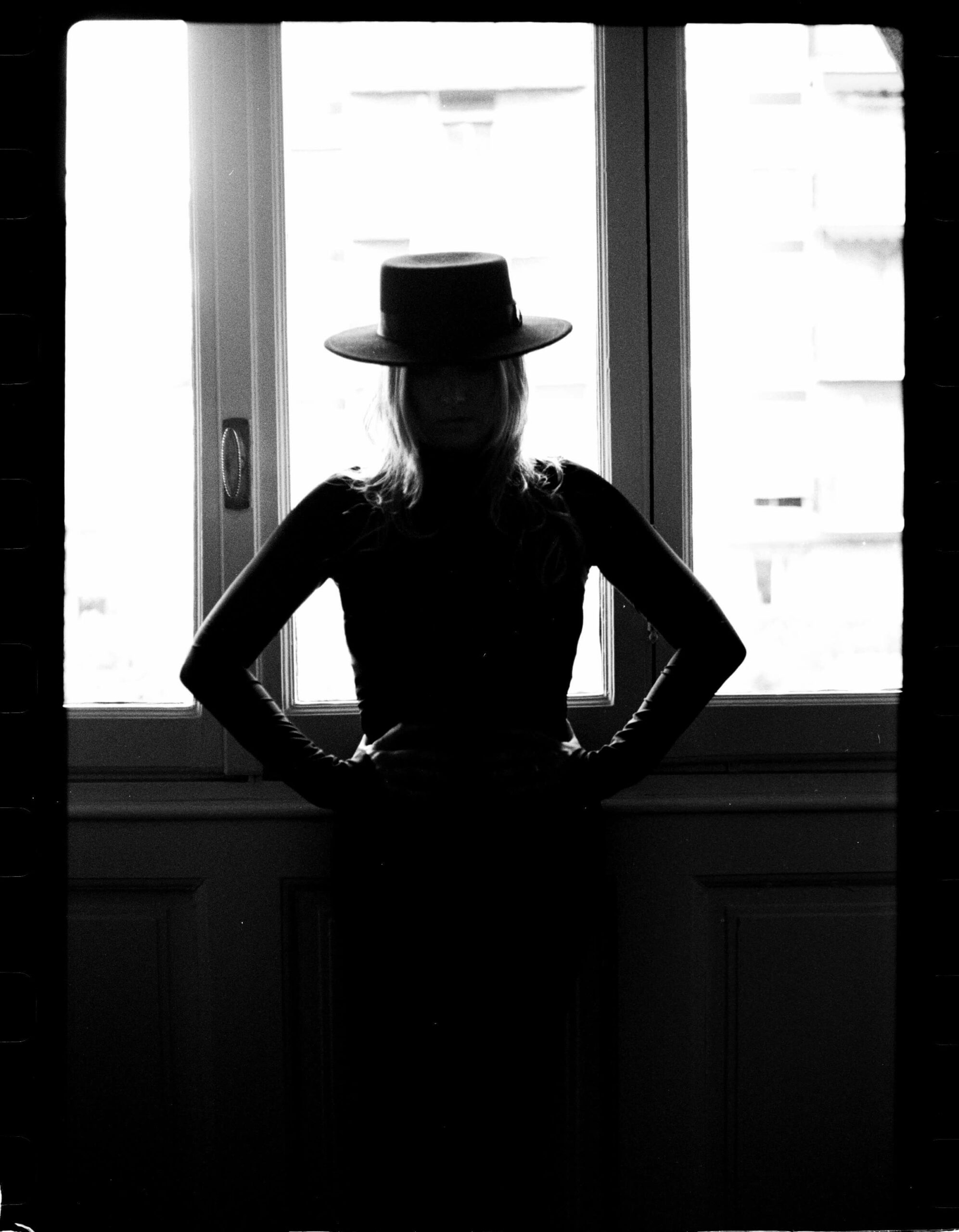
What does it mean for you to feel comfortable in your own skin?
It means playing the lottery! It’s really difficult to find something that makes us feel comfortable in our own skin, constantly, or at least it is for me. Not having the answer to this question, I usually focus more on the fact that today I feel one way and tomorrow I’ll feel differently and that’s okay!
The book/books on your nightstand right now.
I start at least five together! This is the pile from the last two months: Middlesex by Jeffrey Eugenides, a family saga that moved me to tears while reading the first three opening pages, for how it’s written. It’s simply written too well, incomparable. Then there’s Fight Club (the only book by Palahniuk I haven’t read yet) which I just started and I’m trying to make it “last” as long as possible anyway, reading very little at a time! I constantly keep two poetry books next to my pillow: Crush, by Richard Siken, whose intensity and lascivious weakness are constantly inspiring. The other book, also of poetry that doesn’t move from my nightstand is Leonard Cohen‘s, even though I find his songs more interesting than the poems collected in the book, I like to turn around every now and then, see its cover and think about the depth of his music.
What is your happy place?
A good horror movie before sleeping.
Cover photo & photo with the hat by Alessia Colombo
Cover designer: Raissa Pardini

